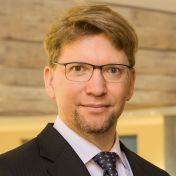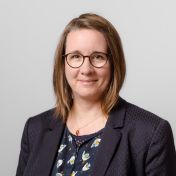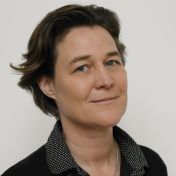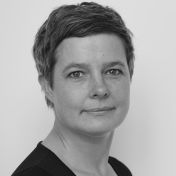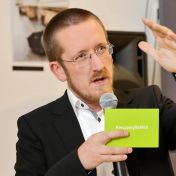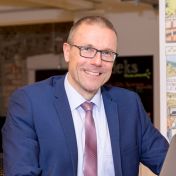Science and science-policy advice in post-normal times: chance and challenges
Science in the spotlight of the corona crisis
Rarely has there been a time when scientists have been in the focus of politics and the public over a longer period of time than since the beginning of the Corona crisis – at least from a German perspective: no political measure that was not justified by (the latest) scientific findings, no talk show with at least one scientist, daily press conferences of the Robert Koch Institute (The German government’s central scientific institution in the field of biomedicine) with live radio and television. Broadcasts, detailed tables and figures with case numbers, infection risks and R-factors at the top of the list in print and online media shaped the …

